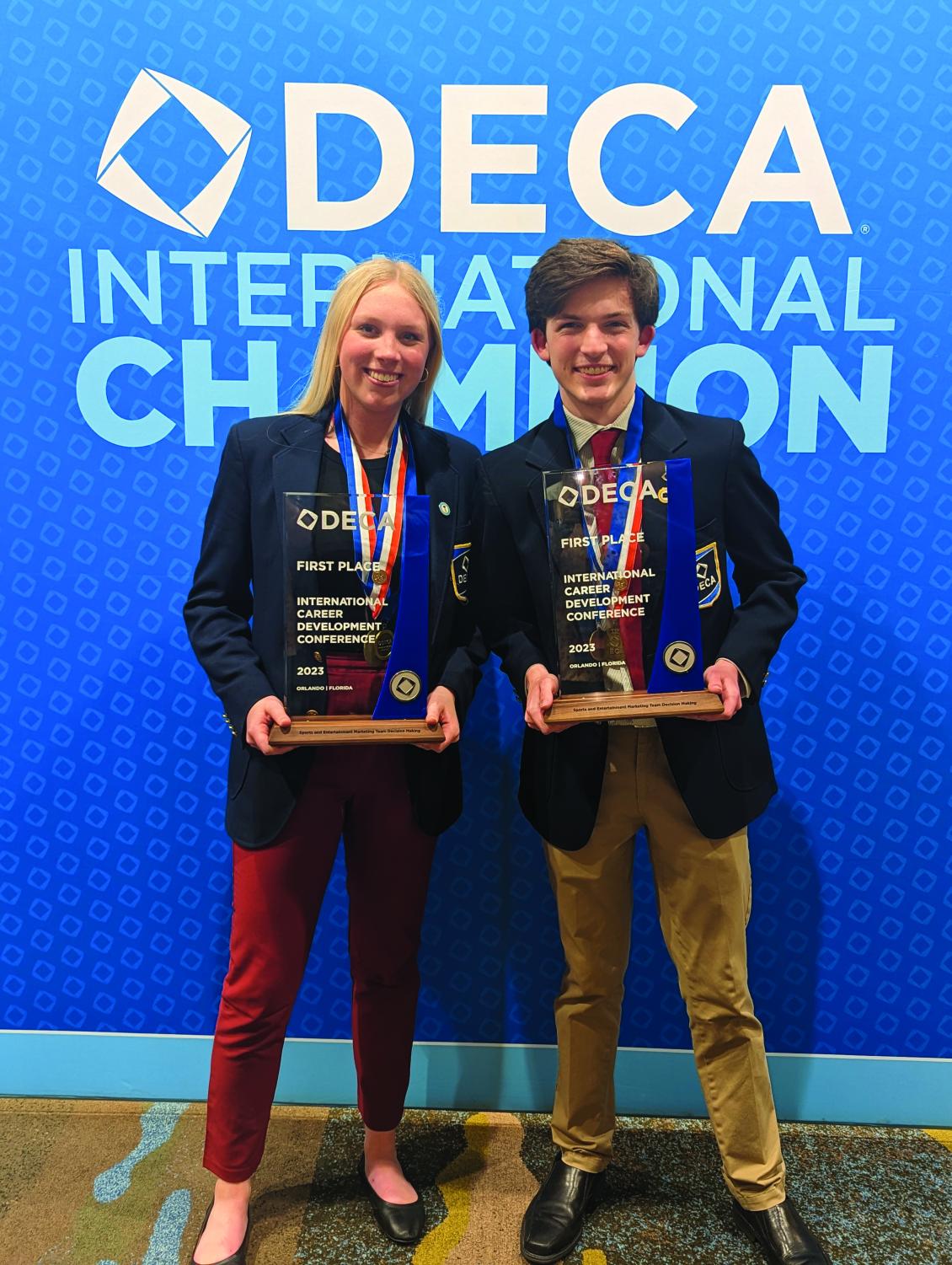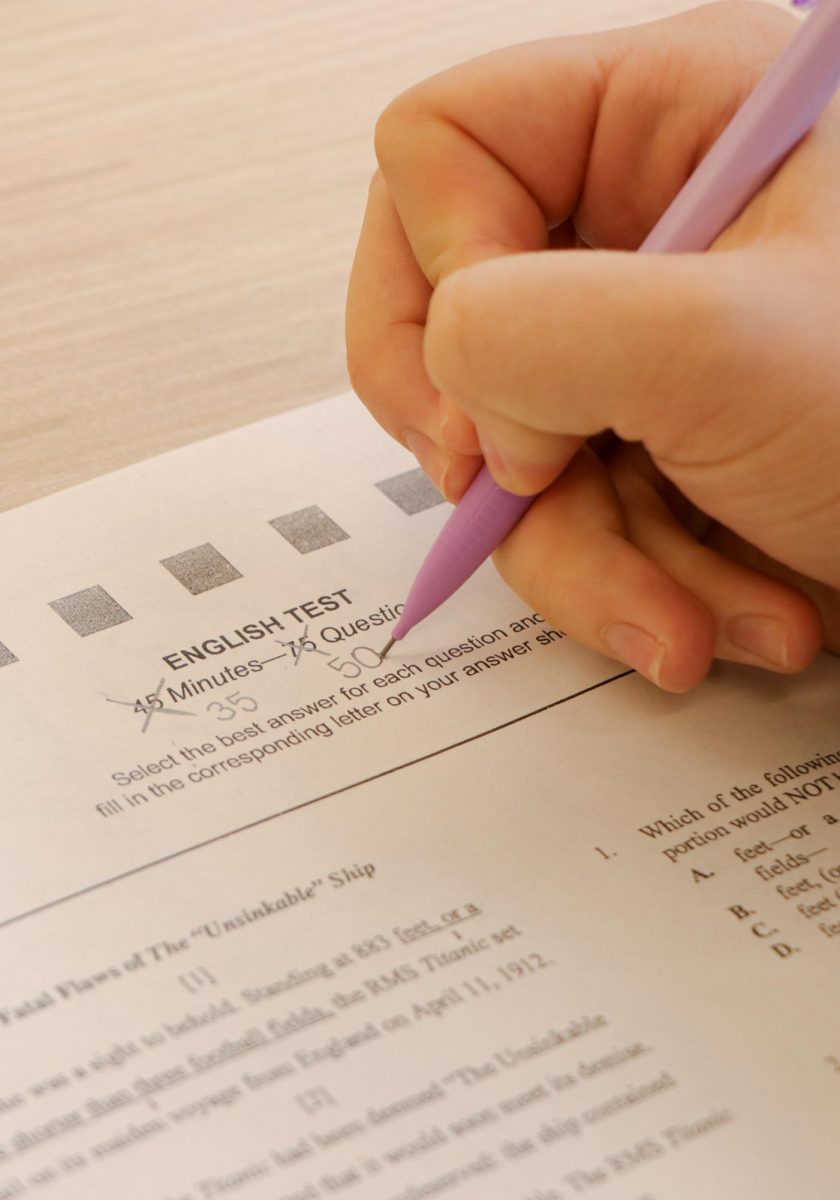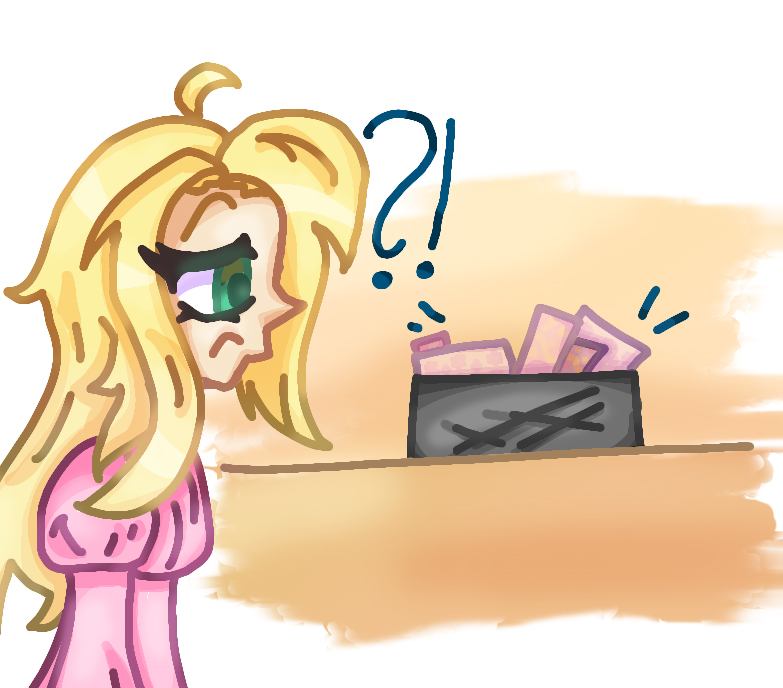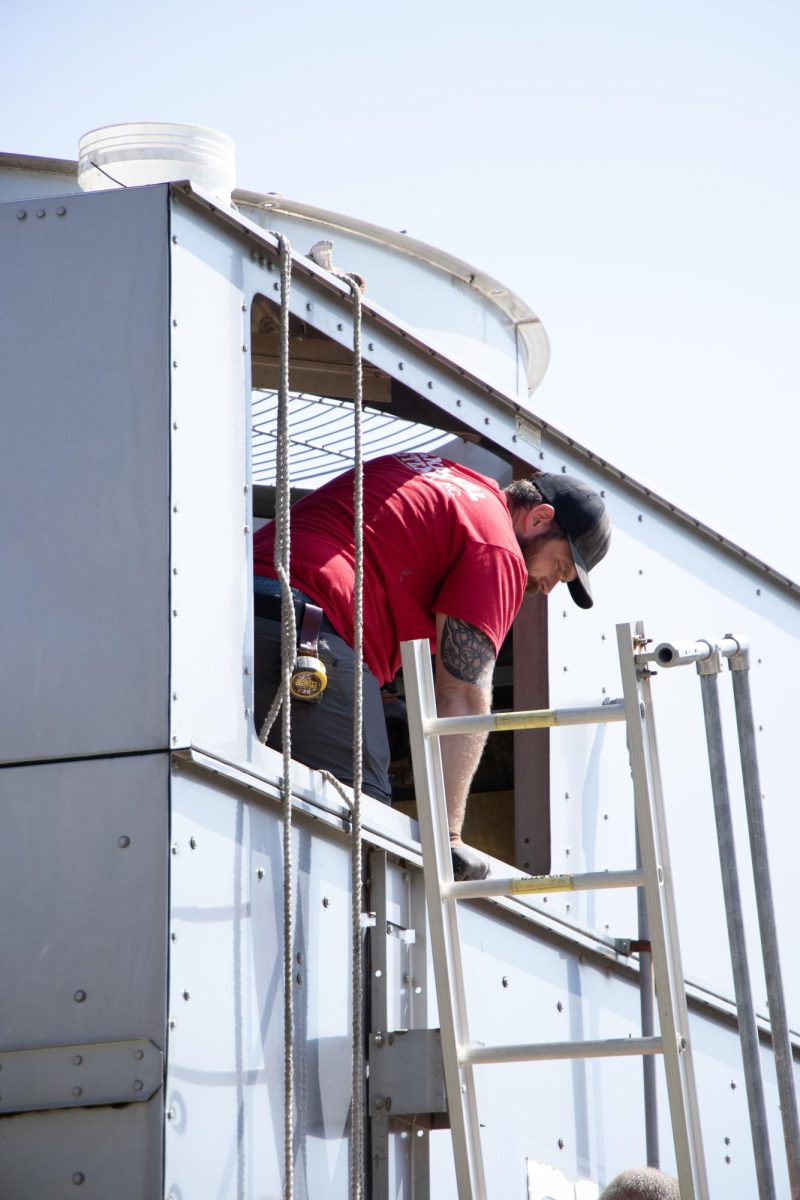Every year DECA students all around the world come together to compete in the International Career Development Conference (ICDC). They compete across 59 categories to determine finalists and ultimately who the best in the world are for that competition. This year Millard South had 25 people qualify for the ICDC in Orlando including 5 finalists two of which became world champions becoming the first DECA world champions from Millard South since 2015.
The finalists were juniors Cali Jenkins and Alexius Sipp who competed in Entrepreneurship Team Decision Making and senior Adam Looney who competed in Hospitality and Tourism professional selling. Seniors Benjamin Jackson and Allison Kilzer finished first in Sports and Entertainment Marketing Team Decision Making.
“We really didn’t think we were going to be finalists,” Jenkins said. “We weren’t too confident about it based on previous experience, so it was definitely a shock.”
“It meant a lot,” Looney said. “I wanted to go to finals and represent my state and school so it meant a lot.”
“Last year I wasn’t a finalist and that stung a little bit,” Jackson said. “This year my goal was just to be a finalist so when we got called on stage that was a big deal for us. It was definitely one of the highlights of my DECA career.”
“It was one of the most wild experiences of my entire life,” Kilzer said. “We walked up on stage for being top 10 and when they said second and third I thought to myself at least we got top ten. Then, when they called our names I just started screaming internally. It was a top highlight of my life.”
“It’s amazing,” advisor Jamie Robinson said. “In the entire state of Nebraska only seven kids made it to the finals and five of those are ours, and we are the only ones that walked away with a trophy from the state of Nebraska. It was a pretty huge deal for us to get one.”
The competition consists of a 100 question test over your topic that you are competing in. There is also a roleplay part of the competition where there is another person who acts as a customer, coworker or boss and you must act out a realistic business situation. That takes a lot of preparation and practice to get ready for.
“We took a lot of practice tests,” Kilzer said. “It’s really hard to prepare for because you don’t know what kind of questions you will be asked but you do your best to prepare.”
“We’ve been preparing for this competition all year,” Jackson said. “Our first competition was in first semester and we’ve had other competitions that we had to work really hard at. We took a lot of practice tests. We actually have a chart in the DECA room where you get a sticker for every practice test you take so we can keep track of how everyone is doing.”
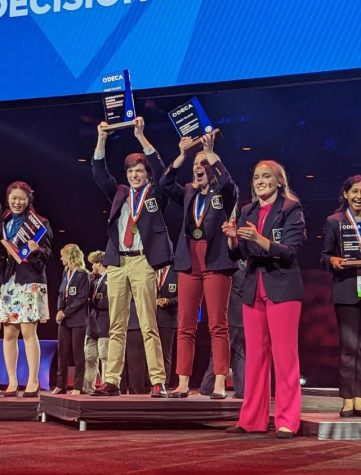
“To prepare for ICDC I mainly worked on improving my project,” Looney said. “I also took seven or eight practice tests which are all 100 questions each but it’s really just practicing every day and trying to improve.”
“We took a lot of practice tests,” Jenkins said. “We got a sticker for every test we took and that really helped us prepare.”
“We practiced a lot of concepts,” Sipp said. “We also worked with vocab and other things so we would know what they were talking about when it came up.”
“We do study sessions in the morning,” Robinson said. “During those study sessions kids are taking practice tests, going through practice scenarios and going through how they would solve those. Most kids who are putting in the work to study are studying anywhere from five to ten hours per week just for their competition.”
Despite all the preparation that goes into getting ready for this competition it is still very difficult to qualify to be a finalist or world champion.
“The most difficult part is knowing that you are competing against some of the best people in the world at what you do,” Sipp said. “We definitely knew that we were one of the best teams in the state of Nebraska but when it gets to the point of being international it really puts things into perspective.”
“Presenting was probably the hardest thing for me,” Looney said. “I prepared a lot for the test so that wasn’t too big of a challenge but there were about 160 kids in my category so the nerves getting to me was the hardest part.”
“The hardest part was being surrounded by so many smart people from all around the world,” Kilzer said. “Everyone there worked really hard and had to go through their state or local competition. It’s not like just anybody could be there. People worked tremendously hard and wanted to be there, so we wanted to represent Nebraska well.”
“The hardest part for me was that there was downtime but no rest,” Jackson said. “You’re always doing something whether that’s competing, going on excursions, getting ready to compete or helping other people compete. Events can go until 11 at night so you are getting very little sleep and you are walking everywhere. It is a lot of fun but it can get especially tiring over 6 days.”
They paved through the difficulty however, and achieved this great success.
“I think it’s the hard work,” Jackson said. “Being able to work and study hard, put your nose down and really work through everything that you need to do. I took around 10 practice tests and that really helped.”
“I think it’s the hard work,” Kilzer said. “The school doesn’t know a lot about it so it can be hard to keep up the motivation and work ethic, but we did a good job of that. Now people are excited for us and people realize the hard work we put in. It was definitely worth it.”
“I’m so proud of their hard work,” Robinson said. “They work very hard. They’re a family that supports each other. People like to tease DECA that we are the trip club and only have fun, and yes, we do have fun, but we also work really hard and we study really hard.”


